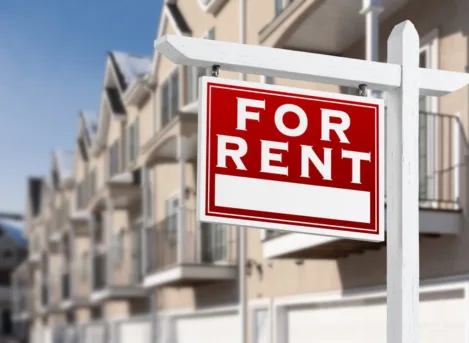Rhode Island and Massachusetts recently followed other states in taking necessary actions to control and prevent the spread of the Coronavirus (“COVID-19”), including declaring a state of emergency and urging residents to practice social distancing and avoid large crowds. As the government and private sector continue to take precautionary measures to protect public health, it is important to consider how the purchase and sale of your real estate can be impacted, and what you can do now to mitigate potential adverse consequences.
One increased concern is the potential for COVID-19 to cause unexpected and costly delays. For example, if Rhode Island or Massachusetts expand its state of emergency to include a mandatory closure of all government buildings, a buyer or seller will be unable to record the closing documents required to consummate a closing, such as a deed, discharge, or mortgage. Other unexpected delays may be caused by a key party to the transaction falling ill, lender’s inability to timely finance a loan as a result of bank delays or closures, or even travel restrictions.
Accordingly, COVID-19 increases the likelihood of default due to a failure to perform on the closing date. Although some problems and complications may be unavoidable, parties to real estate transactions should consider taking the following steps to reduce their risk and potential liability:
- With respect to purchase and sale agreements that have not yet been signed, buyers and sellers may consider inserting a provision into the contract that expressly allows for reasonable delays to performance obligations, including the closing date, resulting from issues related to COVID-19. Such a provision should aim to outline the conditions upon which a party may be granted a permissible delay, the allowable length of any such permissible delay, and the allocation of any costs incurred as a result of such permissible delay.
- Buyers and sellers should confirm that their standard purchase and sale agreement language allows for the parties to close remotely and to sign the original closing documents digitally or in multiple counterparts.
- In addition to the items set forth above, when negotiating the purchase and sale agreement, the parties may also want to consider incorporating a termination clause which may be invoked by one or both of the parties in connection with COVID-19-related delays.
- In light of the possibility of indefinite delays, the parties may want to consider preparing a side escrow agreement pursuant to which the relevant closing documentation may be held by a third party until such time as business has returned to normal.
- With respect to purchase and sale agreements that were previously executed and for which the closing is currently pending, the parties may be advised to execute an amendment to the contract and thereby incorporate one or more of these provisions.
Adler Pollock & Sheehan P.C. assists buyers, sellers, lenders, and developers in a wide-range of real estate transactions. If you would like your purchase and sale agreements revised or amended for added protection in the wake of COVID-19, please contact Christine M. DiBiase at CDiBiase@apslaw.com or Stephen Connolly at SConnolly@apslaw.com.







